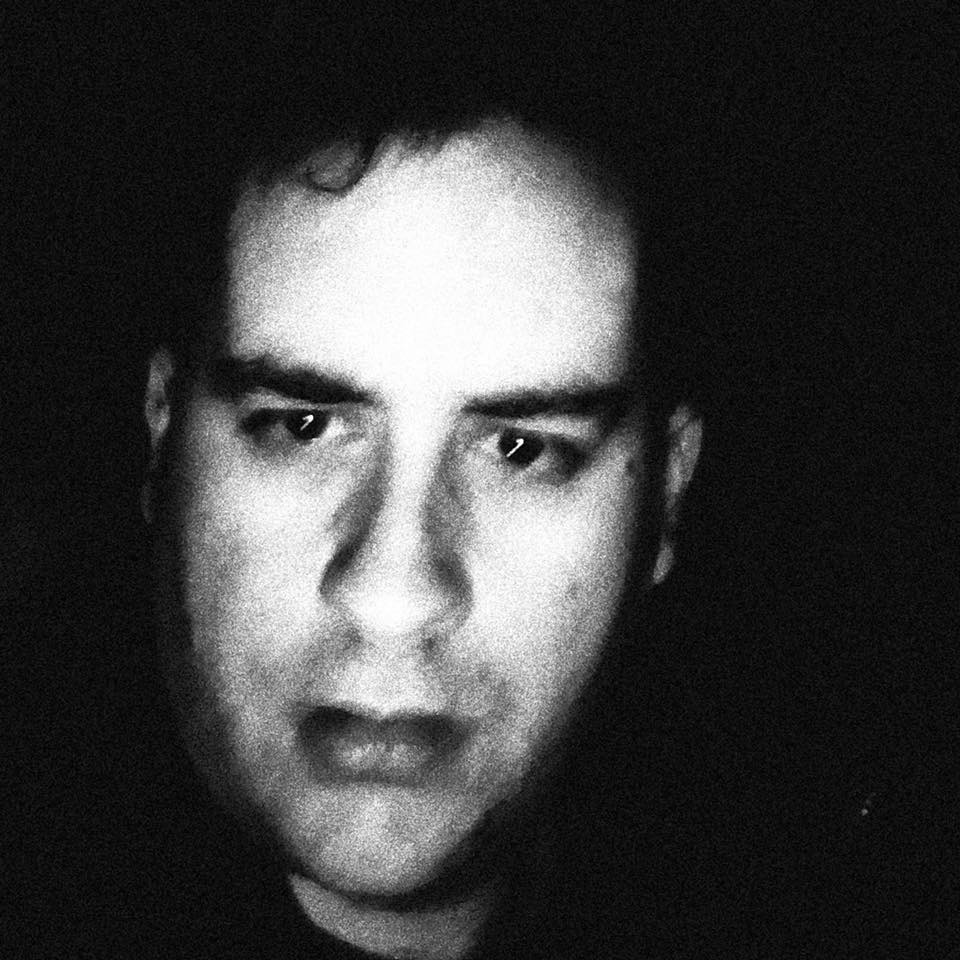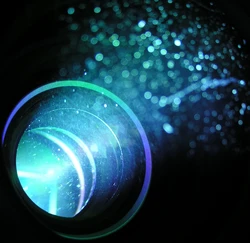Time of Death (2013) is the sort of movie that sounds like a joke when you describe it out loud.
A made-for-TV Canadian thriller built around a single hook—murders that all occur at exactly the same time, 10:44PM. It’s the kind of concept that practically dares you to sit down and see if the filmmakers can actually make it work. The fun of the film isn’t in whether it’s flawless—because it isn’t—but in watching how much mileage it squeezes out of its one big idea.
Right from the beginning, the film leans into its atmosphere. You get the dark boardrooms, the cold offices, the sense of corporate power colliding with the shadowy threat of something much bigger. It isn’t flashy or extravagant—it doesn’t have the budget for that—but there’s a kind of scrappy energy in the way it uses its locations.
Montreal becomes “anywhere USA,” complete with anonymous high-rises and polished conference tables. Everything looks competent without ever rising above the TV-movie baseline, which oddly works in its favor. The straightforwardness keeps you focused on the puzzle at hand.
Kathleen Robertson gives the film its backbone. She plays FBI agent Jordan Price as if she has walked into a much better movie, and the seriousness she brings is half the reason the film holds together at all. Price is smart, stylish, and relentless, and you can see Robertson trying to elevate material that could easily collapse without someone steady at the center. She embodies the type of TV-movie protagonist who is meant to feel larger than life, even when the script pulls her into situations that might make you laugh at the wrong moments.
The pacing is relentless. Rarely does a scene linger longer than it has to. Suspects are introduced, motives are hinted at, and the tension is always pointing toward that ticking clock.
The 10:44 gimmick looms over everything, and the filmmakers know it. They emphasize it in ways that range from clever to heavy-handed, but it’s always there, waiting for you. The film never lets you forget the premise—sometimes to its benefit, sometimes to its detriment. But it does ensure that you’re never drifting.
Tone is where things get interesting. On one hand, Time of Death desperately wants to be a serious thriller about power, corruption, and secrets that refuse to stay buried. On the other hand, it can’t resist melodrama. You’ll catch sudden romantic sparks, heated arguments delivered like stage monologues, and moments that feel one step away from parody. This constant tonal wobble makes the movie funnier than it intends to be, but also oddly charming. It’s trying so hard to be serious that you find yourself invested in spite of the clumsy execution.
What makes the movie memorable isn’t polish—it’s audacity. The way it doubles down on its concept, the way it sells you on the idea that every minute leading up to 10:44 matters, the way it combines procedural investigation with unexpected shifts.
It has the bones of a primetime cop drama but wears the clothes of a late-night cable thriller, and the mismatch creates something entertaining. You won’t admire its craftsmanship, but you’ll respect its commitment to leaning into the premise.
So is it good? Not in the traditional sense. It’s too uneven, too silly at times, and too restricted by its TV roots to stand shoulder to shoulder with real thrillers. But it is entertaining—and that’s what counts. It’s the kind of movie you don’t so much watch as much as you experience it. Half the fun is guessing whether the next scene will be genuinely tense or unintentionally hilarious.
And that unpredictability, paired with its unshakable 10:44 motif, makes it the perfect pick when you want a film that knows exactly how to keep you watching, even if you’re not sure why.


Try YouTube. Should be available there.